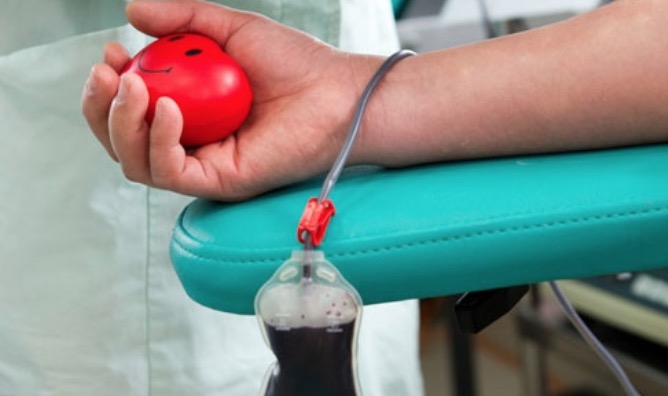While all of us may at times find our communication impaired, there are those on one extreme of the spectrum for whom it is nearly impossible. In this day and age we sometimes associate this with some form of autism. Mirrored in the Exodus narrative, the mystical strain of the Torah depicts the inner Egyptian exile (Egypt means ‘confinement and limitation’ in Hebrew) as an ongoing state imprisoned subjectivity, where one can’t express oneself or properly communicate. The image is of a person who is psycho-spiritually in the fetal position: head and chest are curled over between one’s legs, minimizing the distance between, in essence, placing the mind, heart, and gut into proximity as we are rolled into a ball. By contrast, the fully developed normative position of standing and being stretched out situates the intellect (head) above the emotions (heart/chest), which are in turn above the gut (seen symbolically as the seat of the instinctual or behavioral dynamics of a person). Yet, when they are conjoined with or subsumed by the gut, this is tantamount to saying the gut can determine our mental and emotional states. In the latest research into the treatment of autism, it has been provisionally demonstrated that the microbiome (an integral part of the guts management system), can influence the cognitive, emotive, and behavioral in children with autism. By undergoing a fecal transplant, the children studied exhibited marked reduction in their autism symptoms. For the famous 16th century Rabbi known as the Maharal of Prague, this is called redemption with ‘seed’ [or fertilization/germination] from another place. In other words, the transplanting of new material, new information that is foreign to the system can be the key to its positive transformation. Taken thus, this announced study serves as a significant echo of the universal message of Passover which connotes a person’s capacity to leap from silence to speech, from being closed-in to becoming opened up, as part of our personal development.
(Header Photo Credit: Forbes)


